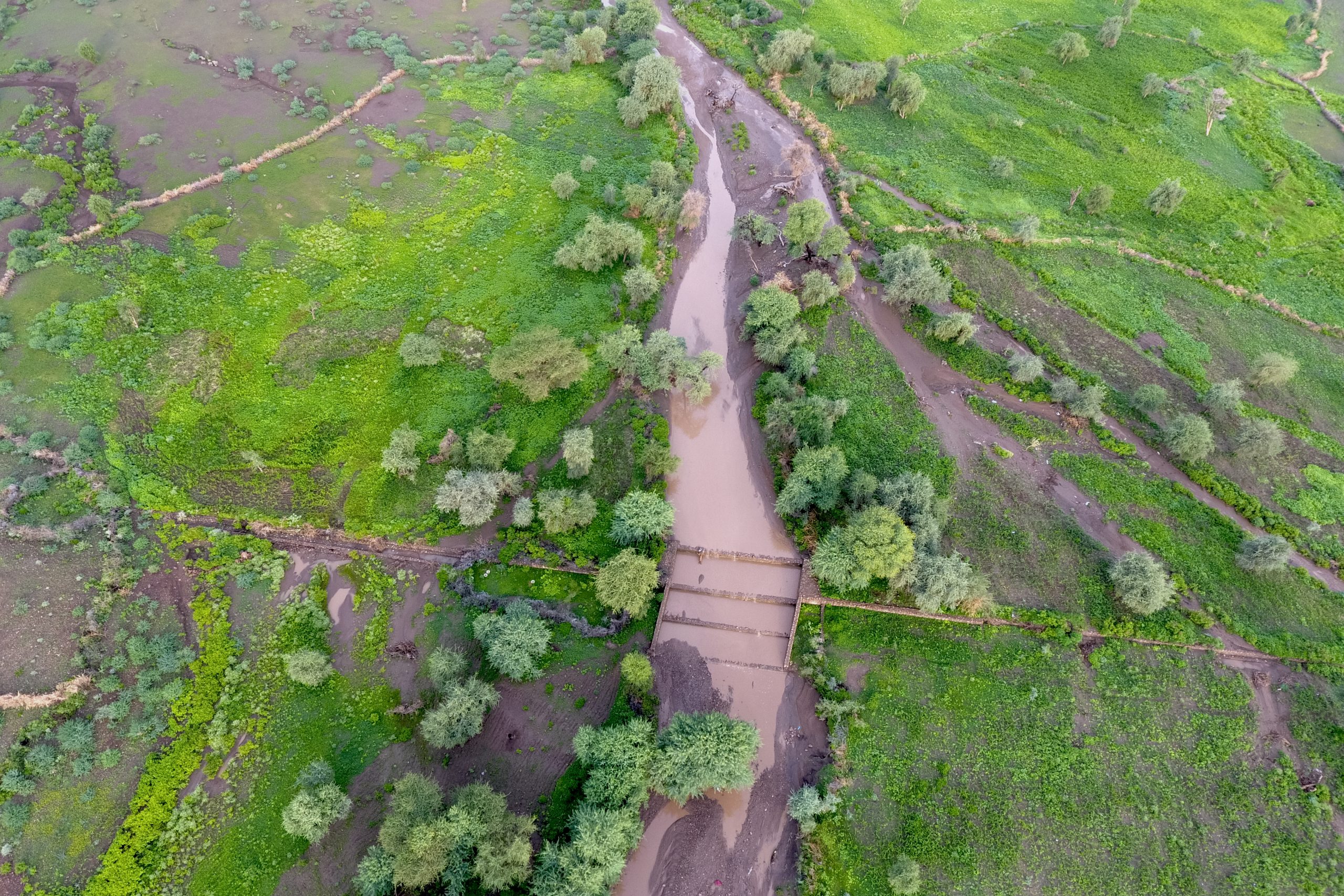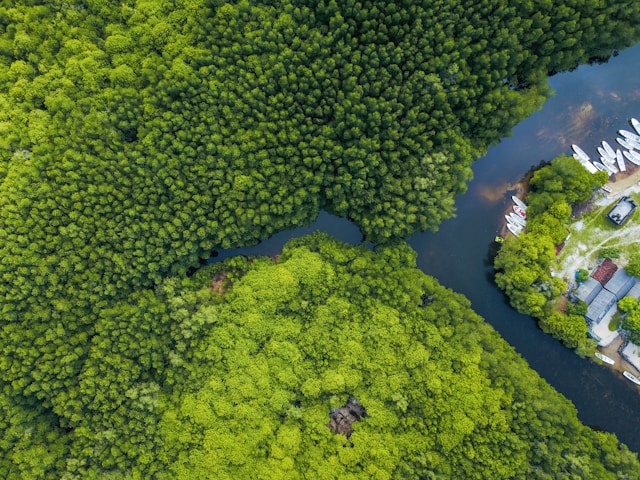Aude Farnault and Xavier Leflaive
OECD Environment Directorate
As leaders prepare to gather in New York later this month at the UN 2023 Water Conference[1], the world turns its attention to the critical importance of water in the global development agenda and the essential role of finance in translating political ambitions into action on the ground.
The ninth meeting of the Roundtable on Financing Water, co-convened with UN Water, gathered the water and finance communities in Geneva on 7-9 February to bring a financial perspective to the Water Action Agenda, the main expected outcome of the UN 2023 Water Conference. It benefited from the substantive input of the Global Commission on the Economics of Water, which aims to redefine the way we value and govern water.
The meeting testifies that the narrative on water is changing, and this affects how water and finance can engage with one another.
There is new evidence that the hydrological cycle should be considered as a global common good
This is for two reasons. First, latest research by Johan Rockström[2] and his team documents how the hydrological cycle creates interdependencies between non-riparian countries: green water (moisture in the soil and vapour in the air) travels long distance, connecting countries and regions across the globe. As land use change in Eastern Europe and the Caucasus affects evapo-transpiration, it also affects rainfall in East Asia. In fact, every country on earth relies on others (sometime distant ones) for more than 50% of its rainfall. Such interdependencies are not captured by economic analyses and policy and institutional arrangements. We need to recognise precipitation-sheds, just like we acknowledge river basins.
Second, climate change is tilting the hydrological cycle: warmer temperatures result in less (blue) water in rivers and lakes and more (green) water in atmospheric rivers. Again, this is consequential, as drier land affects the capacity of soils and vegetation to capture and store carbon, thereby worsening greenhouse gas emissions. It follows that we cannot fix climate change if we do not fix the hydrological cycle.
Such new evidence clearly positions water as part of the solution to multiple crises, from climate change and biodiversity loss to food and energy security. Therefore, we would benefit from considering water as one organising principle of sustainable development and resilience to climate change. Here, the wisdom and practical solutions of indigenous communities can be a source of inspiration. For instance, acknowledging water and water bodies as entities, endowed with rights, might be a step in the right direction. New Zealand and Canada pave the way.
Mitigating water risks is a condition for financial stability
Shifts in the hydrological cycle increase exposure and vulnerability of economies and communities to water risks, globally. Financial institutions and regulators are increasingly aware of the financial materiality of climate and nature risks. A similar awareness about water is nascent and should be encouraged. Pioneer work from the Dutch Central Bank documents how financial institutions in the country are exposed to flood risk. Disclosure of exposure and vulnerability can drive change in corporates’ behaviour and their financiers. However, there are benefits and limitations of voluntary approaches, and it might be time to consider the potential benefits of more mandatory regulatory or policy frameworks.
It is critical to ensure equitable access to water
As stressed by Ngozi Okonjo-Iweala, Director General of the WTO, “our new economics of water must be guided by a fundamental commitment to water equity”. More accurate definitions of affordability of water services, access of poor households and communities to finance, as well as innovative financing mechanisms would help to ensure equitable access to water. Debt-for-nature swaps, for example, contribute to financing water while addressing high-level of sovereign debt of emerging economies.
The UN Water Conference provides a historic opportunity to raise the ambition for water. The global community can deliver on high ambitions in relation to water, as new science can guide action, technologies are available, and finance is here to be channelled where it creates most value in line with the ambition of restoring the hydrological cycle. Beyond March 2023, the Roundtable on Financing Water will explore practical ways to deliver on and finance the commitments made at the UN 2023 Water Conference. The 10th meeting will be focusing on Africa. Stay tuned.
[1] to take place on 22-24 March in New York, the first UN conference on water in almost 50 years…
[2] Director of the Potsdam Institute for Climate Impact Research
Further reading
OECD participation at the UN 2023 Water Conference: https://www.oecd.org/water/oecdattheun2023waterconference.htm
Ninth meeting of the Roundtable on Financing Water: https://www.oecd.org/water/ninthmeetingoftheroundtableonfinancingwater.htm
Roundtable on Financing Water: https://www.oecd.org/water/roundtable-on-financing-water.htm
OECD work on water: https://www.oecd.org/water/
Photo credit: Shutterstock / Iida Jokinen
This article was originally published on OECD Environment Focus, which aims to increase dialogue on a variety of environmental topics among policy makers, experts and the general public. To keep updated on all of the OECD’s work on water, please visit: www.oecd.org/water.


